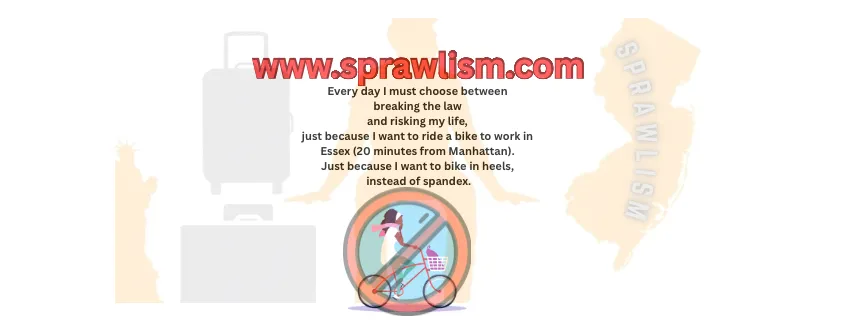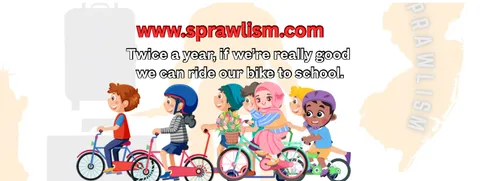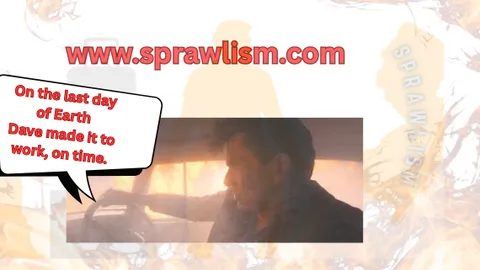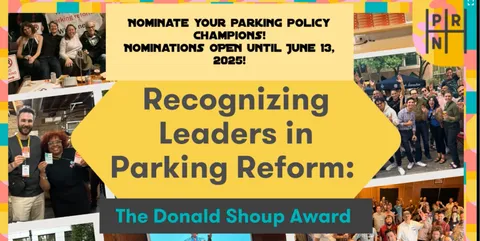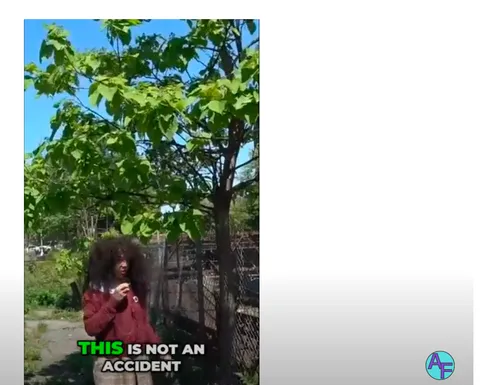At SPRAWLISM, we practice feminist urban criticism—examining systems that shape our communities. Sometimes solutions aren’t immediately clear, but critical thinking remains vital. In today’s landscape that feels urgent.
I live in the New York Metro in an area I call the City of Essex, but it’s not a city, it’s officially Essex County, NJ. Why do I call it a city? Because geographically Essex County is compact enough to function as a single city. Hegemony views it as a single area. Yet politically it is fragmented into 22 separate municipalities—each (for the most part) with its own school district, tax base, and resources.
This structure isn’t accidental, it’s a crash (course in racism). Philadelphia is roughly the same size, it has one school district to help you imagine how ridiculous the political lines in Essex County are drawn.
Historically, municipal fragmentation enabled exclusion, particularly regarding school integration, housing access, and women autonomy. The consequences of this history continues and even though every New Jersey homeowner screams about their taxes, many of them clearly feel paying for racism (and by proxy sexism) is worth it. Because that’s mainly what property taxes fund in New Jersey, redundant and expensive institutions to uphold de facto racism.
Essex County’s park system prohibits bicycles on all pathways, restricting riders to vehicular roads (County Ordinance § 74-14). Combine this with disconnected bike lanes that rarely extend beyond neighborhood/city boundaries, and active transit becomes impractical, (though I do it everyday. For me, driving a gas powered vehicle is impractical with the climate crisis looming).
Meanwhile, wide park roads encourage high-speed car shortcuts—prioritizing convenience over community safety or accessibility.
Why does this matter?
Climate & Equity Cooperation: These policies—rooted in deliberate fragmentation and exclusion—actively restrict sustainable mobility and climate resilience resources. By forcing cyclists onto high-speed roads while banning park pathways, Essex County:
- Accelerates car dependency: increasing emissions in communities already overburdened by pollution.
- Limits disaster readiness: denying safe biking infrastructure reduces evacuation options during climate emergencies.
- Perpetuates recreational apartheid: historically segregated pools + inaccessible parks compound inequities: Black people are up to 10x less (more or less depending on areas) likely to have swim skills (CDC data), directly impacting survival rates during flooding.
Why embed climate?
- Bike bans aren’t just "inconvenient"—they enforce auto-driven sprawl in a state where transportation is the #1 emissions source (NJ DEP).
- Flood-vulnerable communities (often Black regardless of socioeconomic income & Latine & Asian working poor and working class) need multimodal resilience. Swimming skills and bike evacuation routes aren’t just for a day at the Jersey Shore. When large numbers of people evacuate by cars, cars will break down and block massive amount of traffic. During wartime, the bicycle is one of the best ways for massive numbers of people to flee because it is fast, nimble, and doesn’t block traffic if you pop a tire. If Amazon is willing to convert their NYC trucks to cool quadicycles with electrical assist, so can people in case of an emergency.
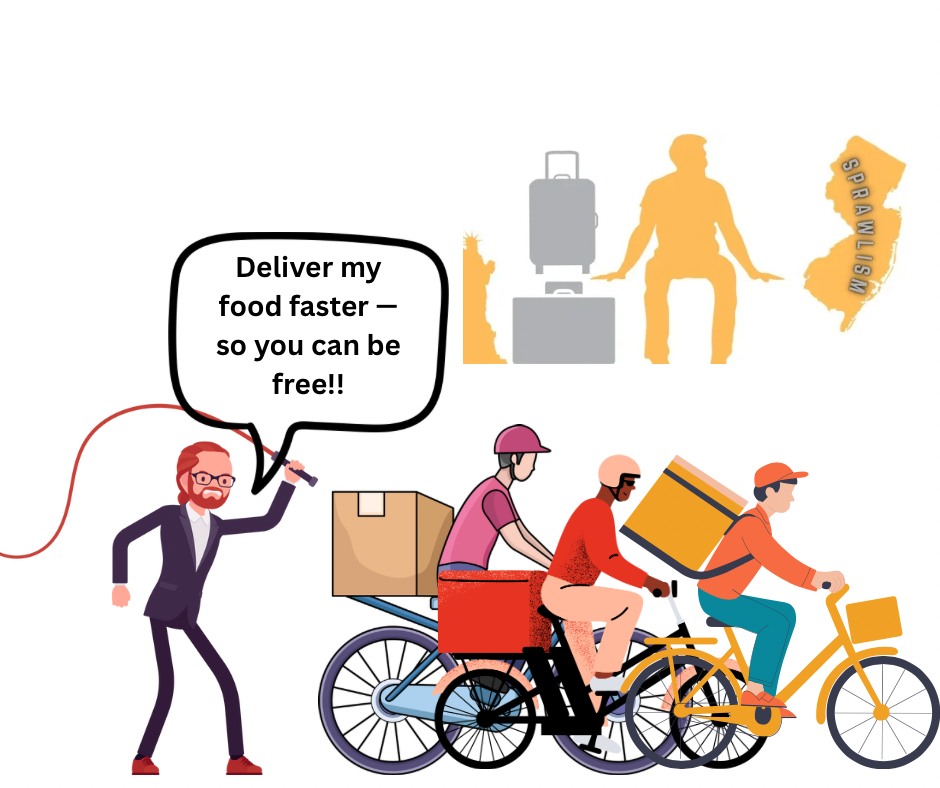
Moving forward, New Jersey’s urbanism must prioritize functional regions over political boundaries. We need integrated policy making that connects issues like transportation, housing, labor, climate crisis and education on why racism and sexism are harmful in accomplishing this integration AND will lead to exacerbating the climate crisis. We are all connected and continuing to engage in biases, will harm us all.
Questions: How can we better align local policies with regional climate crisis goals? What models inspire you?

Get to know the co-host of Auto Asphyxiation and Sprawlism’s social media manager


